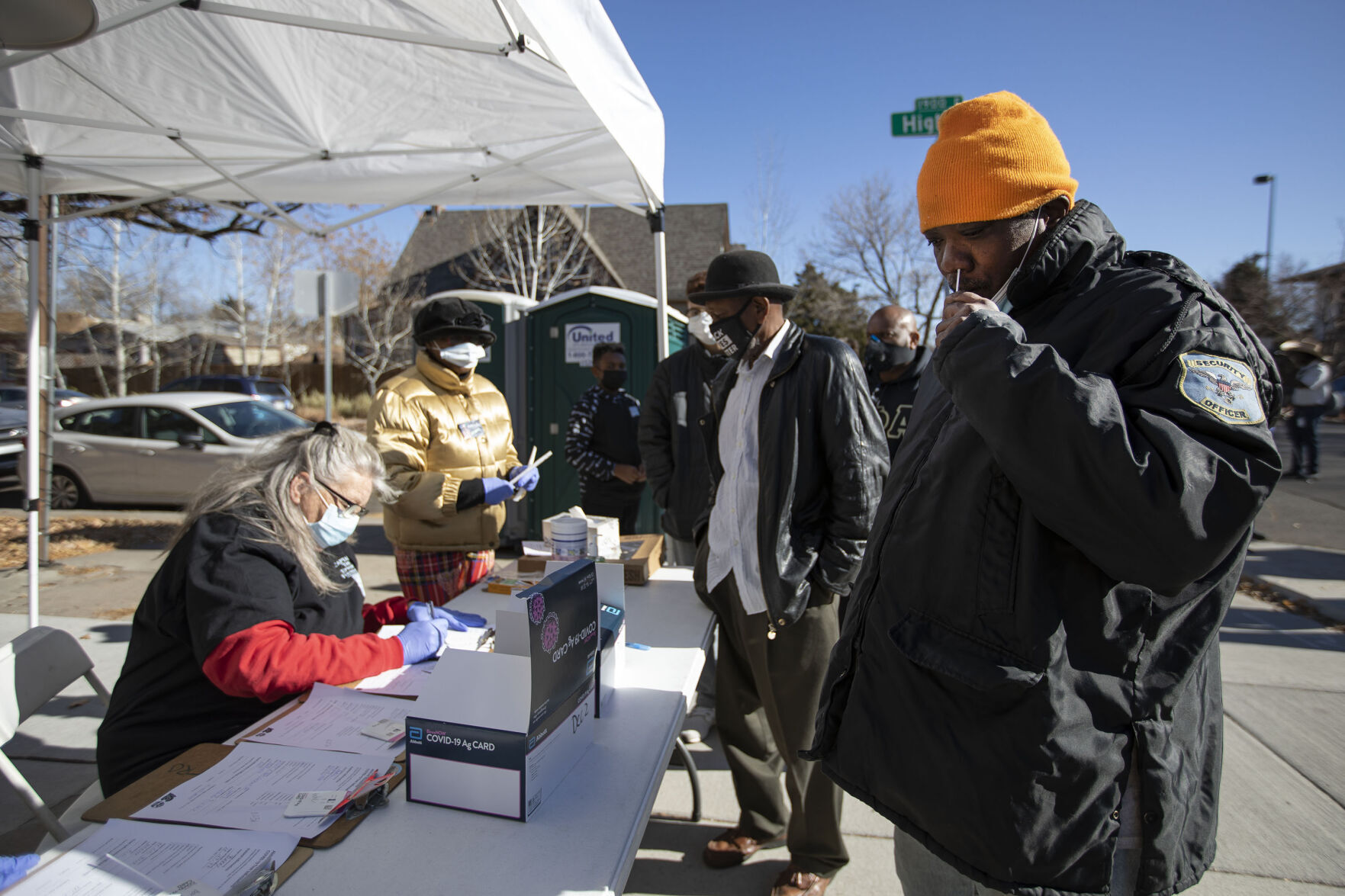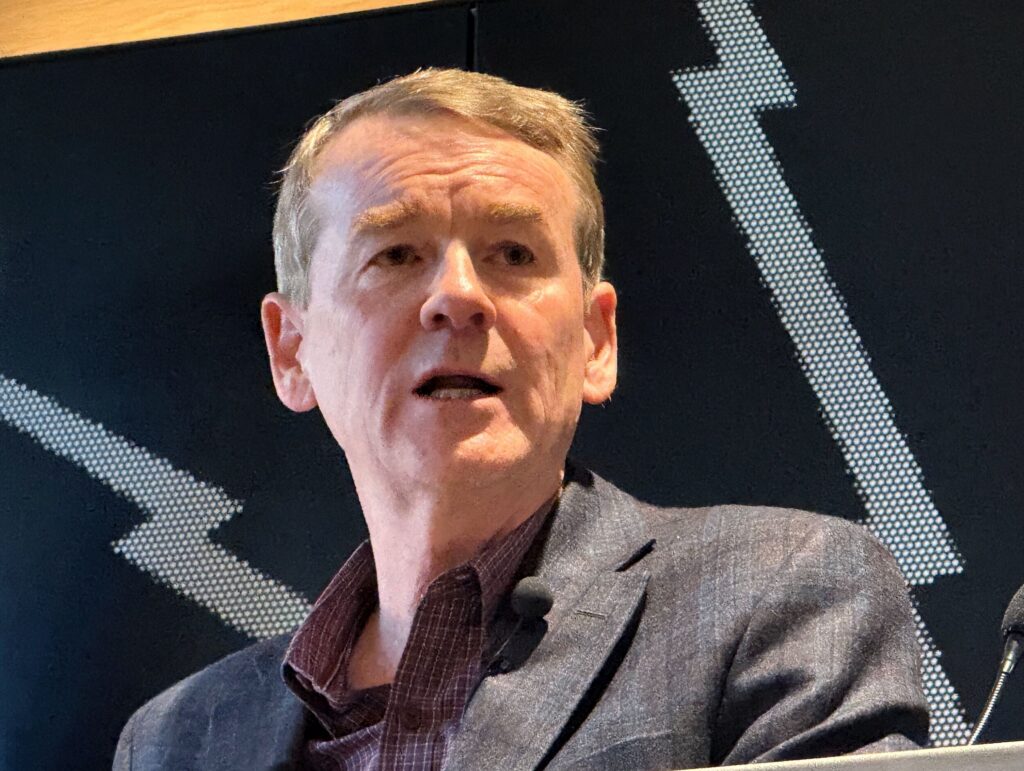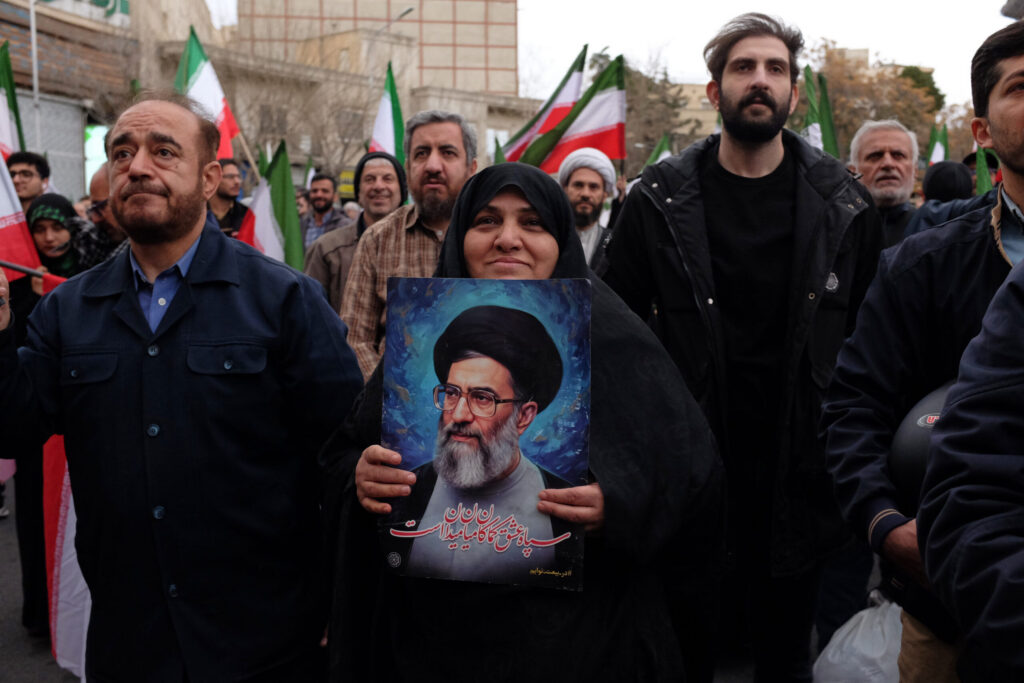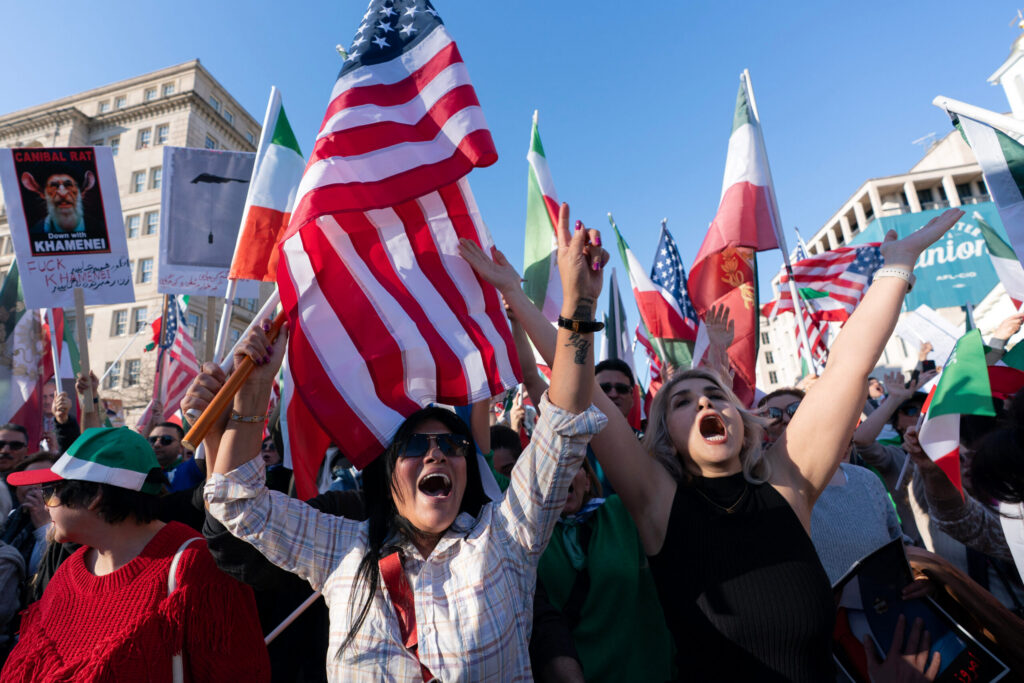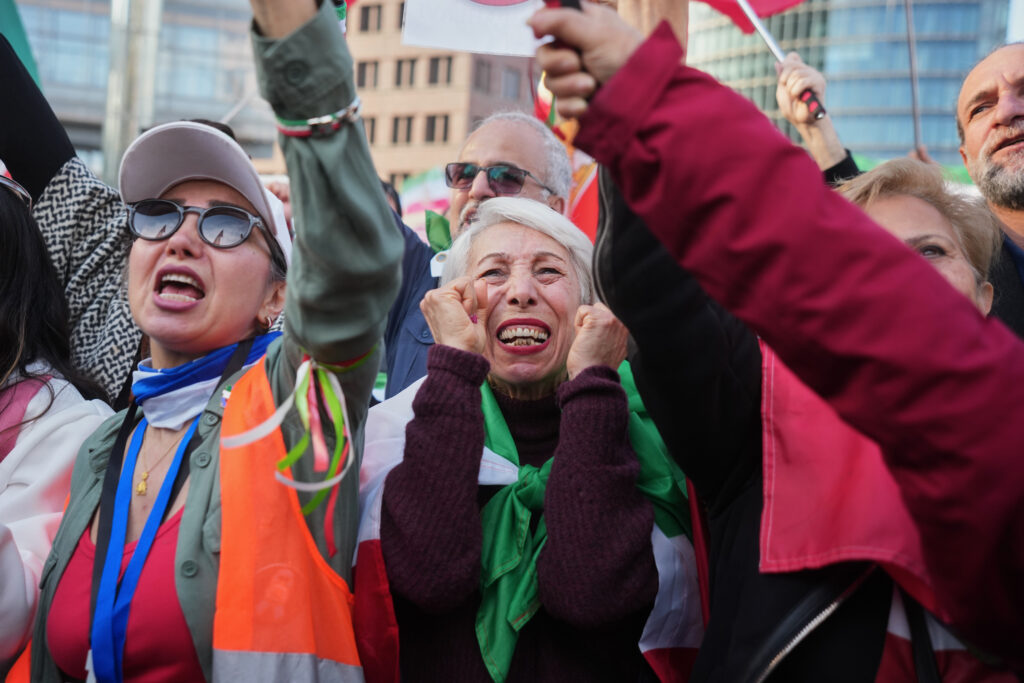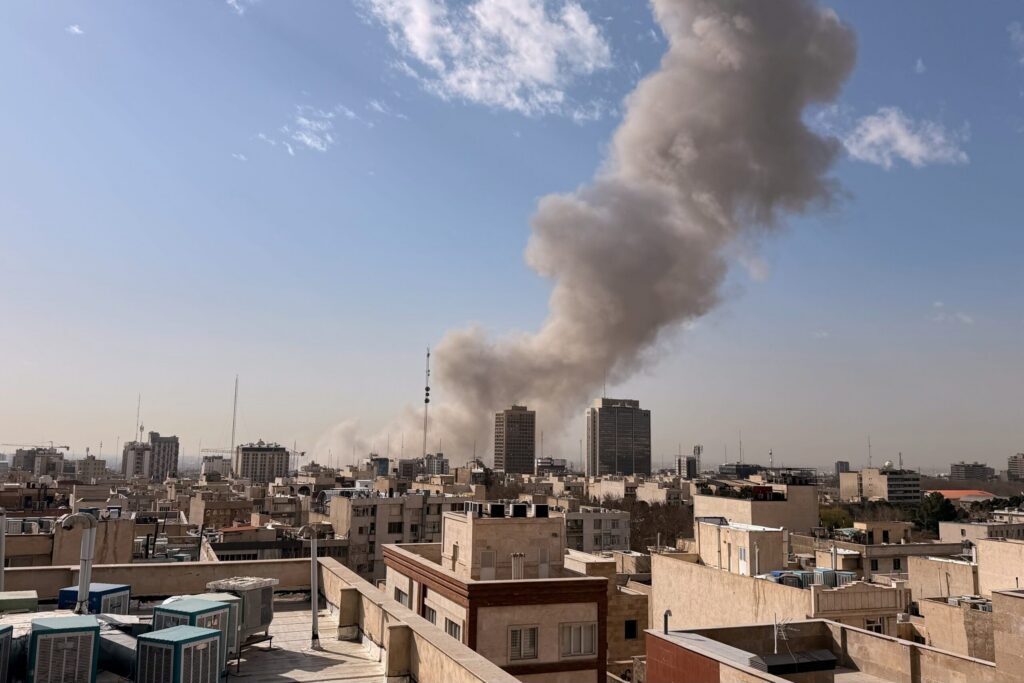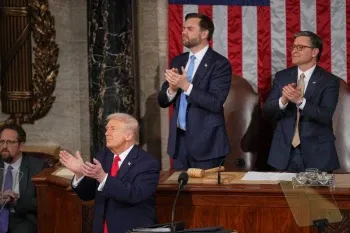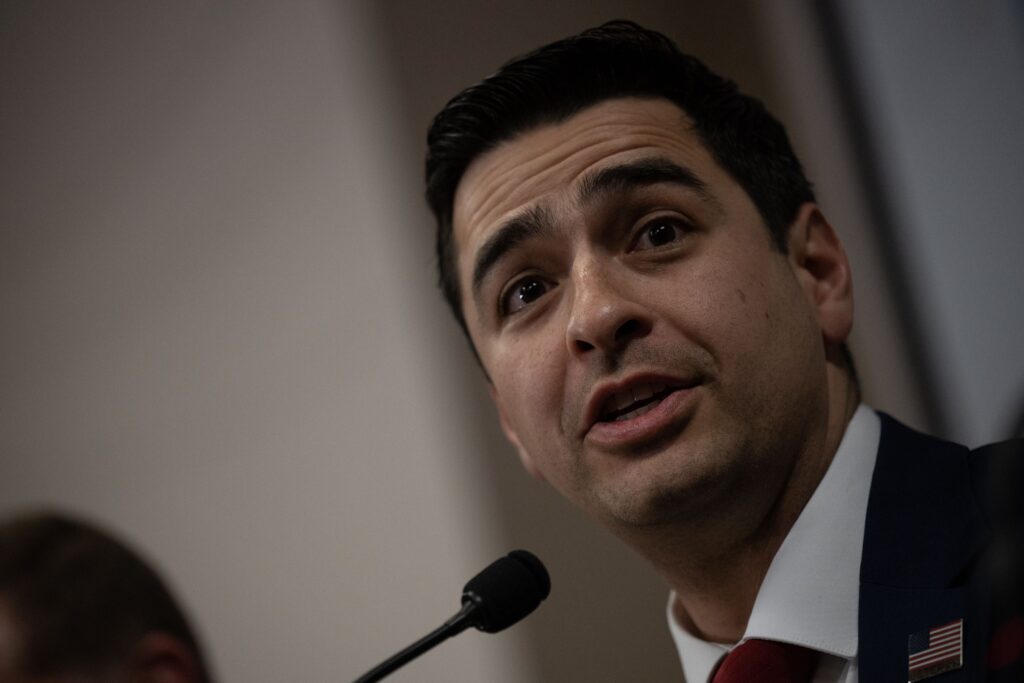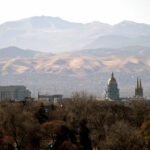Denver’s first 2 cases of omicron variant identified, city says
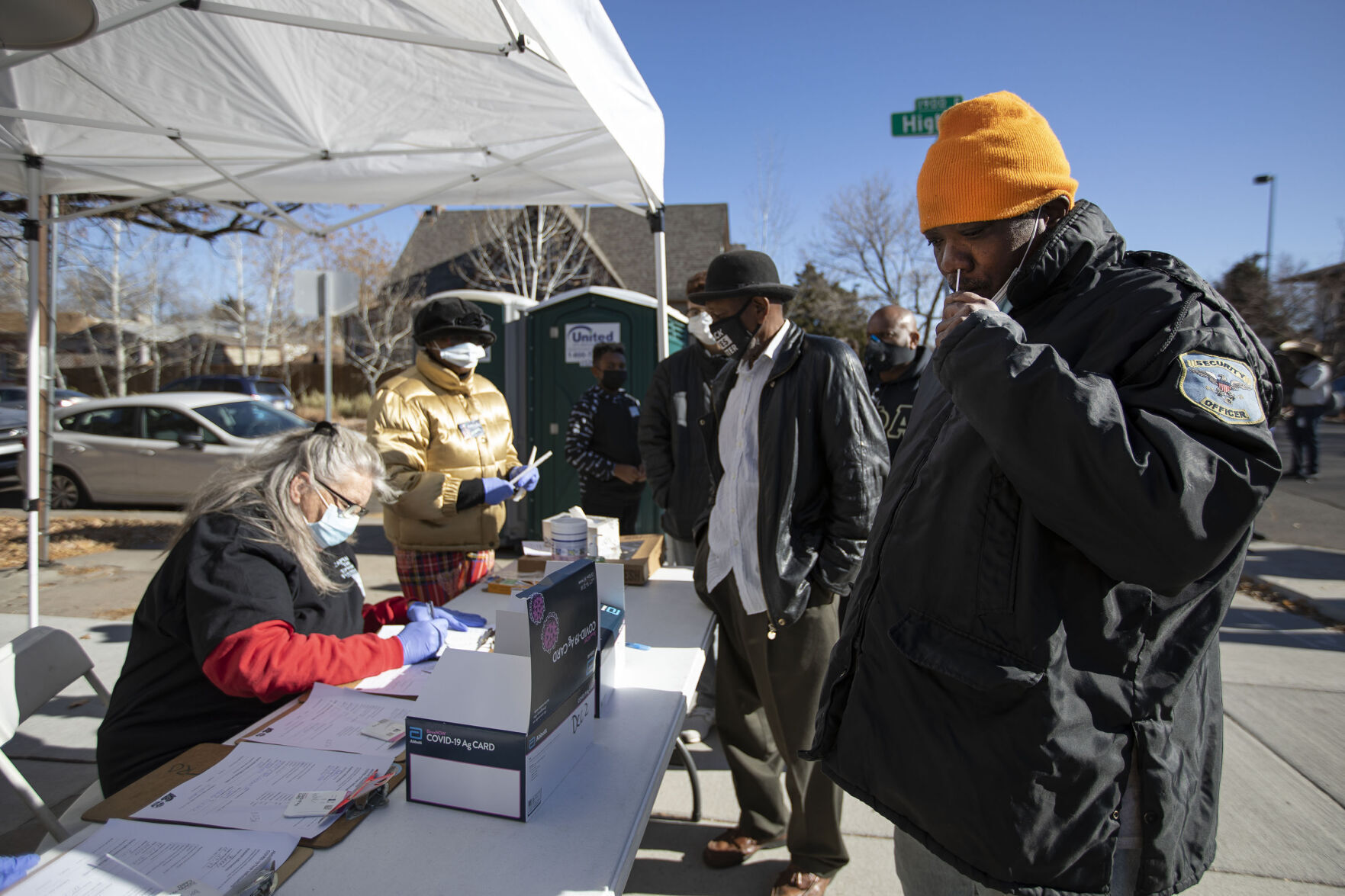
Denver has confirmed its first two cases of the omicron variant, the city’s Department of Public Health and Environment said Monday.
Both cases are the result of community transmission, the agency said in a statement, meaning they came from a local source as opposed to international travel.
The two people – a man and a woman – both have mild symptoms. The man was fully vaccinated and had received a booster; the woman was fully inoculated but had not yet received a third dose.
“At this time, no known close contacts associated with either case have tested positive for the variant,” the agency said. The cases were confirmed as positive for omicron by the state Department of Public Health and Environment on Friday.
Rep. Jason Crow tests positive for breakthrough case of COVID-19 after Ukraine trip
Denver is the latest Colorado county to report a case of the new variant, which was first identified in the state a month ago. Boulder, Jefferson, Arapahoe and Garfield counties all previously reported cases. Gov. Jared Polis said last week it was “only a matter of time” before omicron “becomes the prevalent variant here in Colorado as it has in every other place it’s been.”
Rachel Herlihy, the state’s epidemiologist, told reporters Thursday that state officials “fully expect that we are going to continue to see increasing rates of the omicron variant here in Colorado.”
Herlihy said traces of the variant had been identified in wastewater samples from several areas of Colorado, including Boulder, Aurora and Commerce City. The state also detected the variant in the wastewater system shared between Lakewood and Denver.
10,000 deaths: Colorado’s grievous losses have devolved into an unwinnable argument
The first few cases of omicron in Colorado – those in Arapahoe, Boulder and Jefferson counties – were all the result of recent international travel to parts of Africa, where the strain was first officially identified. But the Garfield and now Denver infections have been confirmed as the result of community transmission.
State officials have said the strategies used to combat the delta variant and other previously dominant iterations of the virus will remain crucial against omicron: vaccinations, boosters, masking, social distancing and good hygiene.
Denver, along with a handful of other metro-area counties, has a mask order in place for all public indoor settings. More than 500 businesses in the area have elected to require proof of vaccination for patrons. As written, that order will be in place through the beginning of 2021.
Researchers are still learning more about the variant, though it’s increasingly clear that it is more transmissible than the initial strain of the virus that emerged in March 2020.
With the new variant in circulation elsewhere in the United States, COVID-19 cases are now doubling in one and a half to three days in areas with community transmission, the World Health Organization said on Saturday. Lines for COVID-19 tests wrapped around the block in New York, Washington, D.C., and other U.S. cities over the weekend as people clamored to find out if they were infected before celebrating the holidays with family.
In New York City, COVID-19 cases rose 60% in the past week as the omicron variant spread rapidly around the Northeast. New York has set records for the most new cases reported in a single day since the pandemic started for three consecutive days.
“It is a predictor of what the rest of the country will see soon, and the minimum – since NYC is highly vaccinated – of what other parts of the country will experience in under-vaccinated cities and states,” said Georges Benjamin, executive director of the American Public Health Association.
Reuters contributed to this report.
